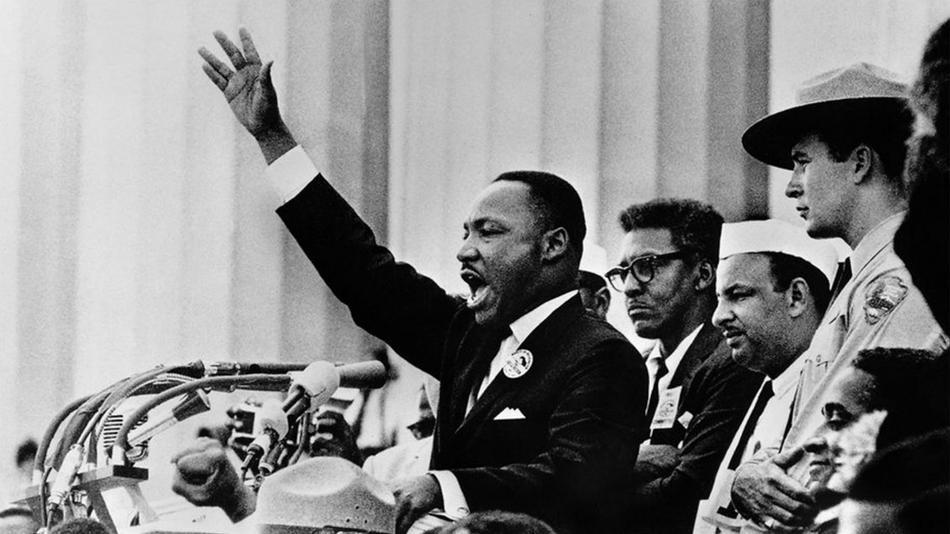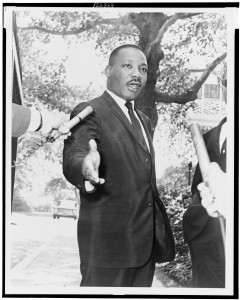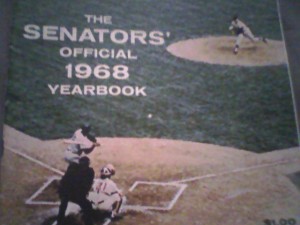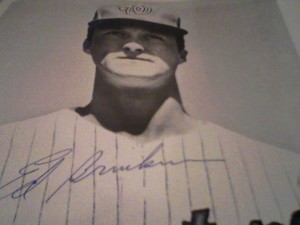Copyright law isn’t normally the first consideration when we think back on Martin Luther King’s soaring “I Have a Dream” speech fifty years on. Those inspiring words still ring from the hilltops and mountains of every state, as famous any uttered by Abraham Lincoln in his first inaugural oration or the Gettysburg Address. King’s words belong to us all–well, with some restrictions. From Alex Pasternack at Vice:
“Martin Luther King Jr.‘s ‘I Have a Dream’ speech is considered one of the most recognizable collection of words in American history. It’s the rhetorical equivalent of a national treasure or a national park. The National Park Service inscribed it on the Lincoln Memorial and the Library of Congress put it into its National Recording Registry. So we might hold it to be self evident that it can be spread freely.
Not exactly. Any unauthorized usage of the speech and a number of other speeches by King – including in PBS documentaries – is a violation of American law. You’d be hard pressed to find a good complete video version on the web, and it’s not even to be found in the new digital archive of the King Center’s website. If you want to watch the whole thing, legally, you’ll need to get the $20 DVD.
That’s because the King estate, and, as of 2009, the British music publishing conglomerateEMI Publishing, owns the copyright of the speech and its recorded performance. While the copyright restriction isn’t news, EMI’s unusual role in policing the use of King’s words – the first instance of the company taking on a non-music based intellectual property catalog – hasn’t been widely reported.”




